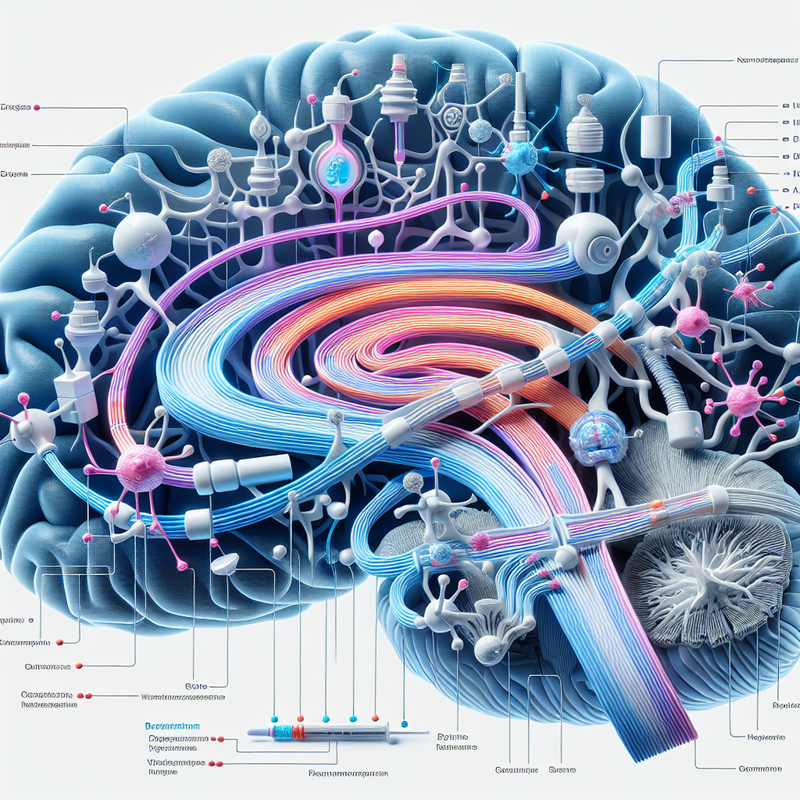Recent studies are continuing to elucidate the complex neurological foundation of habit development, uncovering the sophisticated processes which determine our habitual actions.
A significant portion of our behavior, nearly fifty percent, is dictated by these automatic routines that we perform with scant conscious awareness. These revelations have emerged from research spearheaded by Dr. Marcus Stephenson-Jones and colleagues at University College London.
The Innate Nature of Habitual Behaviors
The common belief holds that we have complete conscious control over our habits, assuming we can initiate or terminate them at whim. Contrary to this belief, habits are in fact entrenched behaviors that evolve through repetitive exposure to specific stimuli and the brain’s learning capabilities. This process leads to the fortification of certain neural connections, transforming deliberate actions into reflexive responses that diminish the need for ongoing deliberation.
On average, the adoption of a new habitual behavior requires roughly 70 days, although individual experiences can differ. The prospect of future rewards significantly influences the incentive to develop a habit, with the neurotransmitter dopamine fortifying this learned behavior. While immediate satisfaction may not be present for every habit, the act’s regularity becomes rewarding in itself as the pattern becomes more ingrained within the brain.
Dopamine’s Influence and Neural Learning Pathways
Dr. Stephenson-Jones notes that habitual engagement in certain behaviors can foster a preference for those activities, permitting a person to “forgo your value-assessment system and simply depend on your prior conduct pattern.” In parallel, a team from Sweden has pinpointed two distinct learning systems within the brain; one contingent on rewards and the other on repeated actions. These systems both play crucial roles in establishing our daily routines.
Research on mice has provided insights into the role of dopamine in reinforcing habits. Mice exhibited increased dopamine activity in their motor areas whenever they began a task. This association of action with prediction errors has been tied to a ‘teaching signal’ that aids in preserving repetitive movements, even as the direct reward lessens.
Potential Insights into Parkinson’s Disease and Habit Modification
The implications of these findings are not limited to understanding habitual behaviors; they may also extend to potential treatments for Parkinson’s disease. As dopamine is instrumental in regulating movement, an interruption in the brain’s system responsible for habit formation may contribute to the motor symptoms characteristic of Parkinson’s. This leads to potentially new therapeutic interventions.
To change a negative habit, specialists recommend substitifying it with a positive one. For instance, replacing the habit of eating unhealthy snacks under stress with taking a brisk walk could be a healthier alternative, emphasizing movement as a key to modifying established behaviors.
The latest research is slowly unraveling the complexities of our habitual actions and is laying the groundwork for deliberate lifestyle changes. By exploiting our knowledge of neurobiology, we can facilitate significant personal development..







